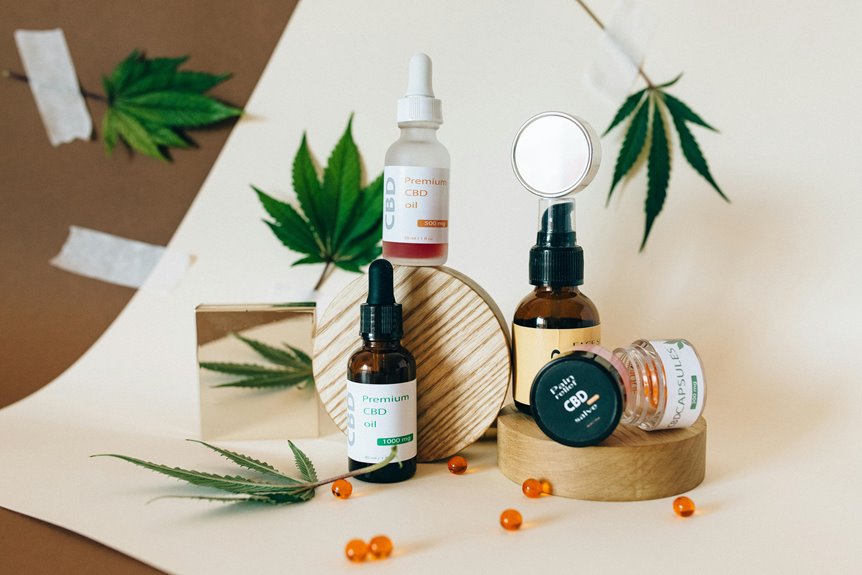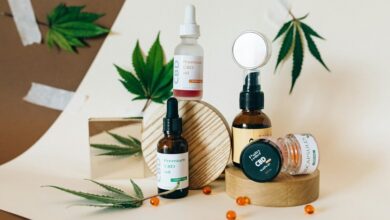
Does Hemp Seed Oil Have Cbd
Hemp seed oil and CBD oil are often confused, yet they serve different purposes. Hemp seed oil is derived from the seeds of the hemp plant and lacks significant cannabinoids, including CBD. In contrast, CBD oil is extracted from the plant's flowers, leaves, and stalks, where cannabinoids thrive. Understanding these distinctions is crucial for those seeking specific health benefits. What implications do these differences have for their respective uses?
Understanding Hemp Seed Oil
Hemp seed oil, derived from the seeds of the hemp plant (Cannabis sativa), is increasingly recognized for its nutritional and therapeutic benefits.
Its impressive nutritional profile includes essential fatty acids, proteins, and vitamins, making it a valuable addition to various diets.
Through cold oil extraction methods, the oil preserves its beneficial compounds, appealing to those seeking natural health solutions and dietary freedom.
What Is CBD Oil?
CBD oil, short for cannabidiol oil, is a product derived from the flowers, leaves, and stalks of the cannabis plant, particularly the hemp variety.
Renowned for its unique CBD properties, this oil is celebrated for potential health benefits, including relief from anxiety, pain, and inflammation.
As interest in natural remedies grows, CBD oil offers an appealing option for those seeking holistic wellness.
Key Differences Between Hemp Seed Oil and CBD Oil
While both hemp seed oil and CBD oil are derived from the cannabis plant, they serve distinct purposes and contain different components.
Hemp seed oil boasts a rich nutritional profile, packed with essential fatty acids, while CBD oil is obtained through CBD extraction from the plant's flowers.
Additionally, their legal status varies, with hemp seed oil widely accepted and CBD oil subject to more regulations.
Benefits and Uses of Hemp Seed Oil and CBD Oil
Although often confused, hemp seed oil and CBD oil offer unique benefits and applications that cater to different needs.
Hemp seed oil provides significant nutritional benefits, including essential fatty acids and antioxidants, while CBD oil is renowned for its therapeutic uses, such as alleviating anxiety and chronic pain.
Together, they promote overall wellness, appealing to those seeking natural health solutions.
Conclusion
In a world where many seek the soothing embrace of CBD for wellness, it's almost amusing that hemp seed oil, devoid of cannabinoids, stands as a powerhouse of nutrition instead. While consumers chase the elusive benefits of CBD, they may overlook the essential fatty acids and vitamins found in hemp seed oil that nourish the body holistically. Thus, the irony lies in prioritizing a compound over a comprehensive health solution, reminding us that true wellness often lies in the simplest, overlooked sources.






